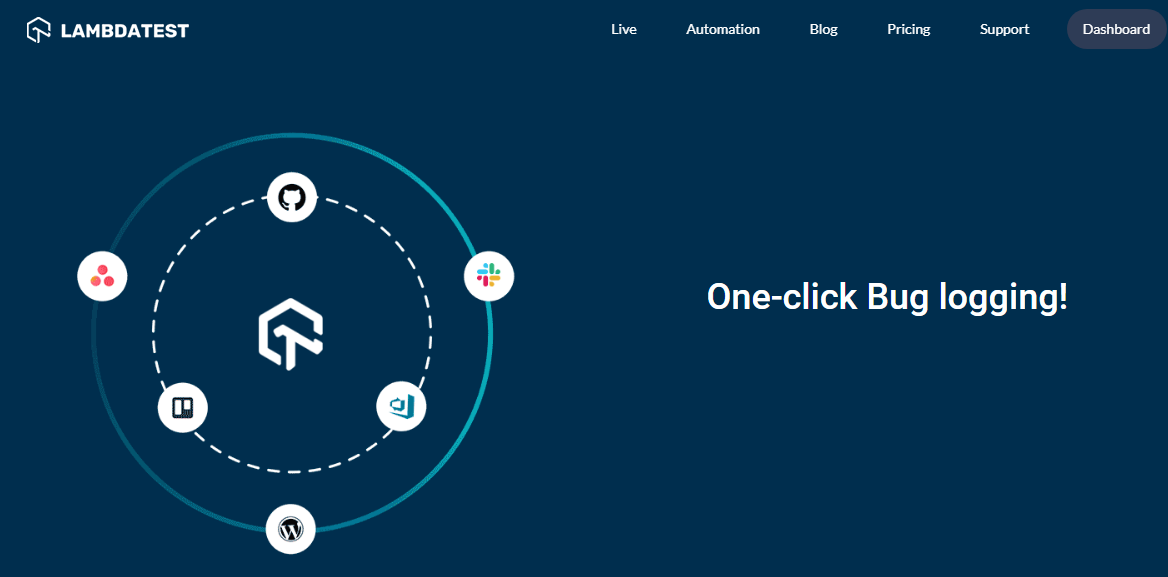The world has transitioned towards digitalization in almost every aspect of our day-to-day lives. The internet has become an indispensable segment for the expansion of business and the enhancement of personal profiles. Therefore, protection using firewall has become a significant issue that must be considered.
Web Application Firewalls, or WAF, block the long list of interference from performing malicious acts, targeting attack applications carried on by web servers. In addition, WAF safe-keeps the delicate information of the organization accessed by it.

How does WAF Works?
The work of web application firewall is. First, it examines the traffic between the web application and the internet, then by filtering traffic amidst, the web application firewall benefits in protecting the company’s applications.
WAF acts as a Safe-shield
A web application firewall (WAF) can help safeguard online applications from cross-site request forgery (CSRF). In addition, the companies get protection using a firewall from file inclusion SQL (Structured query language) Injection attacks and cross-site scripting (XSS).
SQL injections (SQL) – are performed by inserting a malicious code into SQL statements, typically in web page input, the user types in an SQL statement which you unknowingly run on the database. This code can alter, steal, or destroy database data.
Attacks allow remote access to sensitive user data such as cookies by injecting a malicious script into the code of a trusted website. This attack does not modify the server code but instead operates on the user’s side.
Defeating bad bots – Bad bots are typically programmed to do various malicious tasks. They can hack into user accounts, steal data, submit meaningless data through online forms, or perform other malicious activities.
Adds to the importance of firewall security
Management – The most crucial quality to look for in a WAF is management. WAF includes managed custom rules with ensured false positives as part of its feature set, which is available 24/7. Application firewalls necessitate more specialized knowledge of the programs, which must be combined with their vulnerabilities to produce a policy that must be updated regularly and without any errors.
Customization -The WAF allows to customize the policies based on the different wants and needs of the business.
Modification – Modification plays a vital role while determining how efficiently and effectively the WAF will be working against varying attack vectors. It speedily implements policy modification.
The organization’s managed firewall service acts as a shield against cybercriminals. In contrast, WAF (Indusface’s AppTrana, for example) shields your web applications from sophisticated web-based intrusions and prevent them from reaching the server.
WAFs have various strategies and policies that it runs through to state whether the traffic is of malicious behavior or not, then by indicating cases of vulnerabilities and traffic nature to identify or make sure whether the information is not defenseless.
Protection for Companies
With this digital influx where consumers are dependent on web applications for selling and purchasing various articles, going through emails, and whatnot, sensitive information of many organizations are at higher risk from the visible form of breach.
To increase productivity along with prevention from harmful web-based intrusions performed by cybercriminals, it becomes crucial for organizations to ensure the web pages they work on are sufficiently shielded.
Types of WAF Available in market
- Hardware-based WAF is installed locally within LAN
- Software-based WAF is installed in a Virtual Machine
- Cloud-based WAF is offered as a software as a service structure.
Main WAF Benefits
WAF benefits in avoiding fraud and data theft, especially for organizations with e-commerce sites that provide online financial services or involve interactions with customers and business partners.
Organizations at risk –
- E-commerce sites
- Online financial services
- Lead generation sites
- Online healthcare services
The web application firewall blocks unwanted traffic that a firewall will not be able to block. They play a significant role when creating a comprehensive security infrastructure.
If you do not have a WAF, your organization could be vulnerable to a cyberattack that could result in disclosing sensitive customer or business data, the loss of goodwill and customer trust. Any organization would suffer tremendous damage from this scenario.
Web application-specific cyberattacks a WAF can Stop
- Distributed Denial of Service (DDoS) is an attack when a large number of infected devices create a large amount of traffic overtaking a website. Regular traffic is disrupted, and performance issues weaken the security layers. These types of unusual activity can be identified and blocked by WAFs based on critical indicators such as high levels of traffic from a single IP address unusual traffic topics.
- Cookie poisoning, also known as session hijacking, is an attack strategy in which an attacker modifies, forges, hijacks, or otherwise “poisons” an otherwise valid cookie forwarded straight back to a server to steal data, prevent security, or both. These attacks can be prevented by encrypting and protecting personally identifiable information and identifying altered or “poisoned” cookies from reaching the server.
- Prevents SQL Injection – If SQL inputs do not meet specific requirements, then WAF can prevent them from reaching the web application by enforcing rules that prevent the injection from occurring.
- Prevents Cross-Site Scripting (XSS) – By sending malicious code through the web application directly to another end user, cybercriminals can access cookies and sensitive information stored in the browser that is used by the web application can help prevent this by scanning and monitoring requests for unsafe conditions and blocking them if they are not met. If it is identified as malicious XSS code, the WAF will prevent access.
Conclusion
A WAF can help you fill in security gaps you might be experiencing while still utilizing your firewall, backup and recovery plan, and other security features.
Your site will not only be protected and even improved but your customers’ sensitive data, such as their personal and financial information, will also be protected against cyberattacks such as SQL injections and DDoS attacks.








